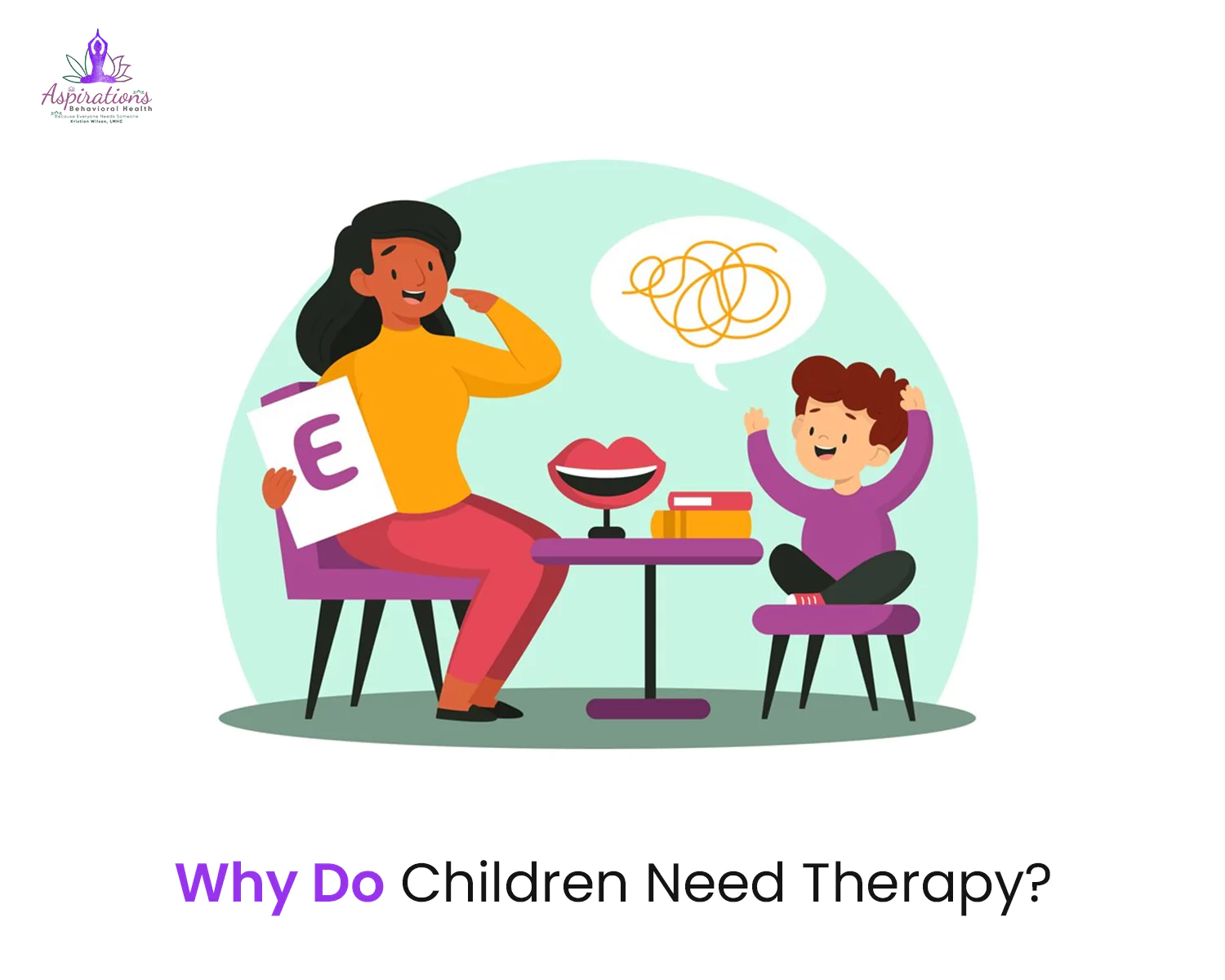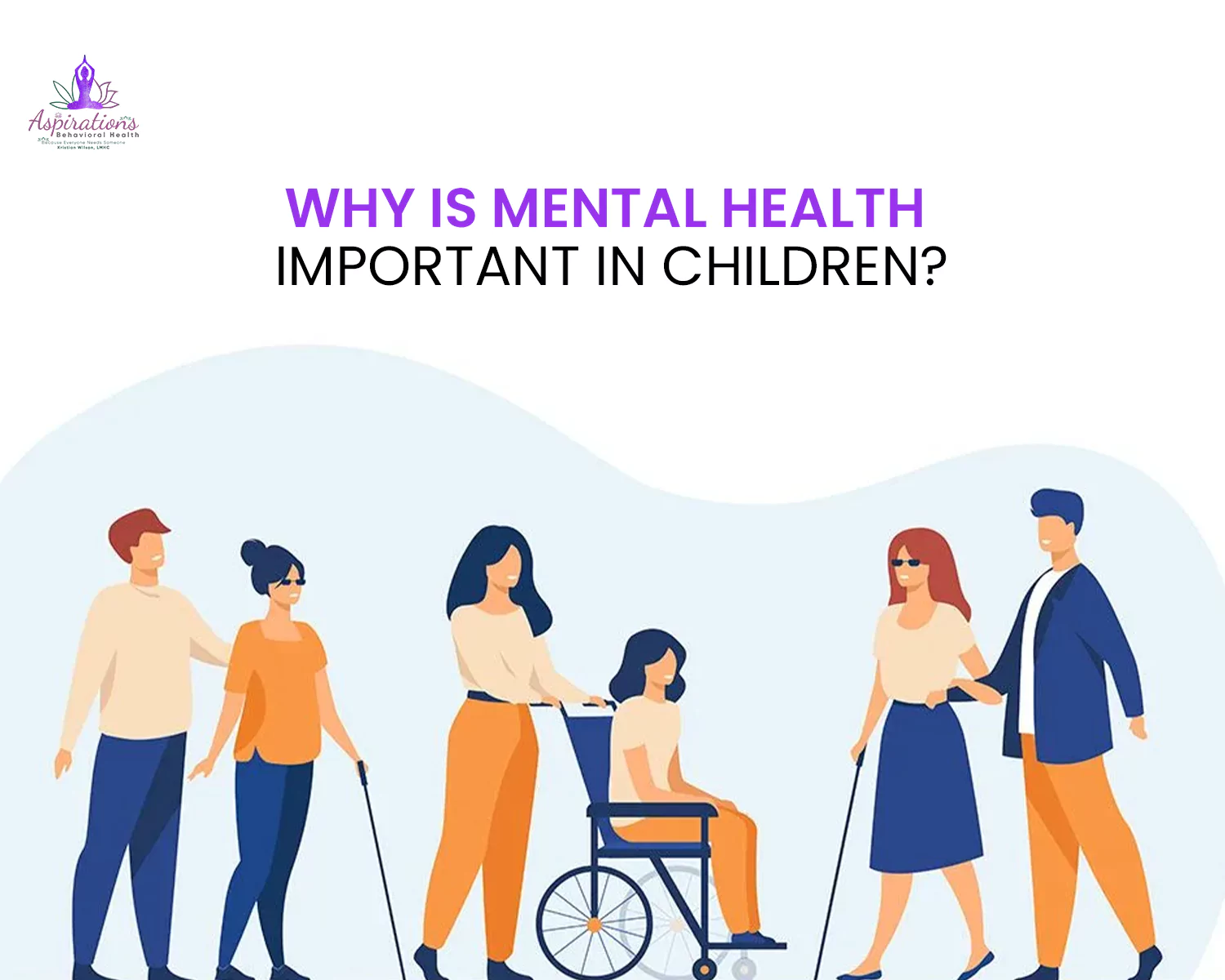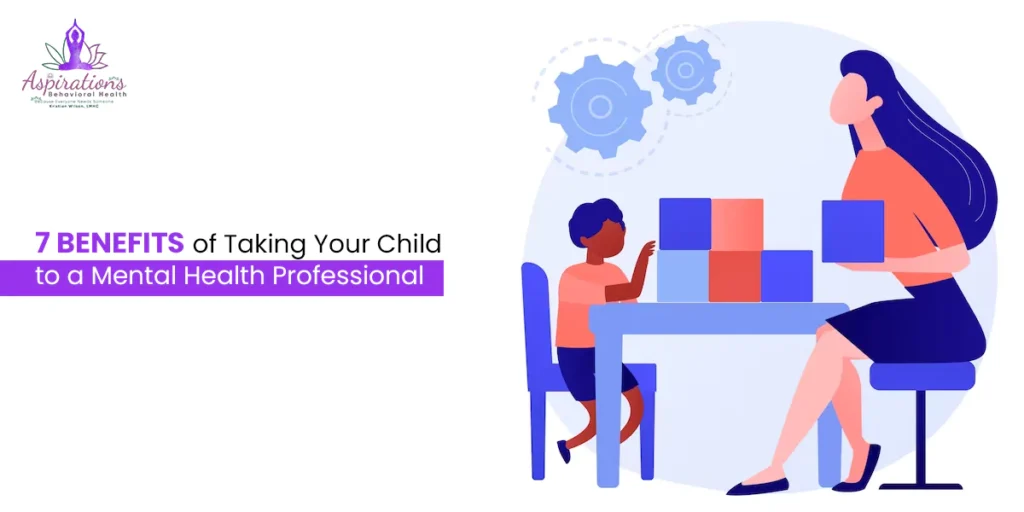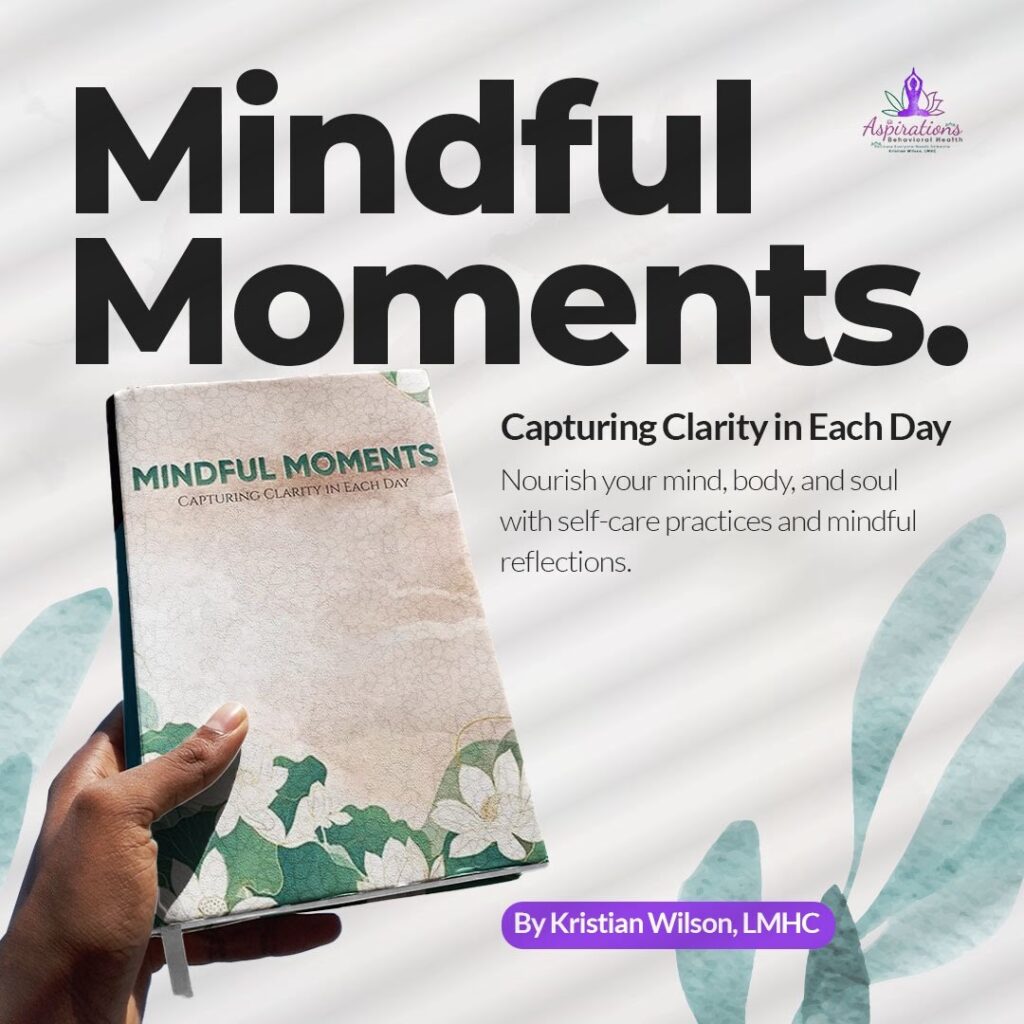10 out of 8 kids face obstacles related to their early years, feelings, and growth that influence their emotional health, conduct, or education. Acknowledging the significance of dealing with these youngsters’ psychological issues, the advent of internet-based therapy for kids has become a helpful and revolutionary option for youngsters and adolescents. This article explores the importance of therapy for children and the 7 advantages of consulting a mental health expert for your child.
Key Takeaways:
- Internet-based therapy for children creates a secure environment where kids can develop resilient coping mechanisms, empowering them to navigate emotions and obstacles effectively.
- Child mental health counseling promotes clear and confident communication, allowing children to express their feelings, thoughts, and experiences more openly.
- By addressing emotional and behavioral hurdles, online therapy improves focus, academic performance, and a positive attitude toward learning.
- The therapeutic process establishes positive behavioral patterns through collaborative efforts, reinforcing healthy habits and fostering a constructive mindset in children.
- Online behavioral therapy for toddlers involves parents in the intervention, ensuring a unified approach to tackling challenges and fostering a supportive development environment.
- Aspirations Behavioral Health offers specialized child therapy services, emphasizing a structured and supportive environment for children to express, learn, and overcome challenges.
What are the 7 Benefits of Taking Your Child to a Mental Health Professional?
The services of a professional therapist for your child can yield many advantages. Here are 7 benefits of enlisting the expertise of a mental health professional for your child:
Coping Enhancement
Online therapy for children serves as a sanctuary for developing robust coping mechanisms. Therapists empower youngsters through engaging discussions, activities, and interactive sessions, guiding them to navigate their emotions, identify stressors, and constructively cope with challenges. This augmentation of coping skills provides children with essential tools to confront life’s uncertainties with resilience.
Improved Communication Skills
Efficient communication is fundamental to emotional expression and connection. Children learn how to express their thoughts, feelings, and experiences in mental health therapy for children. Therapists foster an atmosphere where kids feel heard and understood by providing a safe space for honest conversation. Refining communication skills in this setting empowers children to express themselves clearly and confidently.
Enhanced Academic Performance
Children facing emotional or behavioral challenges may encounter hurdles in their academic journey. Child mental health therapy addresses underlying issues that may impact learning and concentration. By equipping children with strategies to manage stress and emotions, online children’s therapy contributes to improved focus, academic performance, and a positive attitude toward learning.
Positive Behavioral Habits
Therapists develop Positive behavioral patterns through working with parents, kids, and children in therapy. Through a combination of skill-building activities, encouragement, and positive reinforcement, therapists reinforce healthy behavioral patterns in their patients. In addition to encouraging the formation of positive habits, this also helps the child think positively and feel better overall.
Parental Guidance and Involvement
Behavioral therapy for toddlers conducted online involves the child and actively includes parents in the therapeutic process. Therapists regularly interact with parents, offering guidance, sharing insights, and providing practical tips to support their child at home. This collaborative approach ensures a unified strategy to address and overcome challenges, creating a supportive environment for the child’s growth.
Skill Development through Activities
Child therapists utilize diverse activities to captivate children and instill crucial skills. From drawing and play to mindfulness exercises, these activities serve as instruments for understanding emotions and developing coping skills. The interactive format of these sessions ensures active participation from children in their own growth and development.
Problem-solving and Goal-Setting
Children who get online behavioral therapy for toddlers are encouraged to develop their ability to solve problems actively. Therapists work closely with older children and teenagers to explore how obstacles impact different areas of their lives, encouraging critical thinking and problem-solving skills. Children can envision positive outcomes and actively work towards achieving them when participating in goal-setting, which fosters collaboration.
Why Do Children Need Therapy?
 Children may discover online therapy for toddlers advantageous for several reasons, as emotional, behavioral, or mental health challenges can impact individuals of various age groups. The following are common reasons kids and teens might benefit from online children’s therapy:
Children may discover online therapy for toddlers advantageous for several reasons, as emotional, behavioral, or mental health challenges can impact individuals of various age groups. The following are common reasons kids and teens might benefit from online children’s therapy:
- School-related Challenges: Numerous factors, including peer pressure, academic pressure, bullying, learning challenges, and social difficulties, can have an effect on a child’s general well-being. Children who receive remote therapy receive assistance in overcoming these obstacles, which improves their academic experience.
- Behavioral Issues: Children may exhibit challenging behaviors like hostility, disobedience, or oppositional behavior. For children, digital therapy provides a way to identify underlying problems and teach better ways to communicate feelings and cope with stress.
- Trauma and Abuse: Online children’s therapy can help children and teenagers who have been subjected to trauma, abuse, or neglect to process their experiences, heal emotionally, and learn coping skills.
- Self-Esteem and Body Image: online adolescent therapy often grapples with issues related to self-esteem, body image, and identity. Children’s therapy online can help them navigate these challenges and develop a positive self-concept.
- Substance Abuse: Teens experimenting with or struggling with substance abuse can benefit from Child occupational therapy to address underlying issues, develop coping strategies, and prevent further escalation of the problem.
- Developmental Disorders: Children with developmental disorders, like autism spectrum, may benefit from Online therapy for minors tailored to their unique needs, focusing on social skills, communication, and behavior.
- Attention and Hyperactivity Issues: Attention-deficit/hyperactivity disorder (ADHD) can significantly impact a child’s life. Therapy can complement other interventions by teaching organizational skills, time management, and coping strategies.
- Emotional Difficulties: Children may encounter difficulties in handling emotions like anxiety, depression, anger, or sadness. Therapeutic interventions designed for young individuals create a secure space to explore and tackle these emotions, teaching constructive coping mechanisms.
- Family Changes: Events such as divorce, relocation, losing a loved one, or other familial changes may pose emotional challenges for children. Specialized therapy for children assists and aids in coping with the emotional repercussions of such transitions.
- Social Difficulties: Some children may struggle with social skills, making friends, or fitting in. Child occupational therapy can provide a supportive environment to improve social interactions, communication skills, and self-esteem.
- Grief and Loss: Children may experience grief and loss because of the death of a loved one, a pet, or other significant losses. Online therapy for minors can help them process their emotions and navigate the grieving process.
Why is Mental Health Important in Children?
 Children’s mental health has a huge effect on their development, overall well-being, and capability to handle challenges in life. Fortunately, Aspirations Behavioral Health recognizes the significance of mental health among children and promotes early intervention by way of support, resources, as well as education in order to ensure proper development. It highlights how a child’s current state and progress are determined by their physical and mental health.
Children’s mental health has a huge effect on their development, overall well-being, and capability to handle challenges in life. Fortunately, Aspirations Behavioral Health recognizes the significance of mental health among children and promotes early intervention by way of support, resources, as well as education in order to ensure proper development. It highlights how a child’s current state and progress are determined by their physical and mental health.
| Healthy Development: A child’s development entirely relies on mental health. It impacts social competence, emotion regulation, intelligence, and positive identity development. Early childhood determines the foundation of future mental health. | Emotional Resilience: Handling stress, hardship, and life’s hurdles is critical for mental health. It is known that individuals in a healthy mental state are more capable of managing barriers, learning to foster coping methods, and ultimately getting over traumatic cases. |
| Academic Success: A child’s mental health impacts the kidney by affecting its ability to learn, focus, and engage in educational practices. Mentally sound students excel academically, function adequately during class activity, and foster good rapport with teachers and peers. | Behavioral Regulation: Mental health controls impulse control and behavior. Children with good mental health tend to be well-behaved, make decisions wisely, and have better self-control. |
| Social Relationships: Healthy social relationships are determined by positive mental health. Positive mental health in children helps them create positive relationships with family, friends, and peers with whom they are closely related. | Physical Health: The mental and physical health of children are closely related. People with strong mental health are likelier to adopt healthy practices that constitute their total well-being. |
| Prevention of Mental Health Disorders: Promoting Mental wellness is a way of preventing mental health issues from occurring during adult life. Intervention and intervention support can work. Toward addressing emerging issues, setting up a road to positive mental health trajectories. | Quality of Life: Children’s mental health greatly impacts their quality of life because it affects their level of happiness, contentment, and capacity to find purpose in life. |
| Life Skills Development: Good mental health promotes the efficient development of essential life skills, including decision-making, communication, problem-solving, and conflict resolution. | Long-term Outcomes: It is likely that children who have good mental health maintain a positive trend as they grow older in aspects such as education, employment, and even general well-being. Investments in childhood mental health lay the necessary groundwork for a meaningful and more wholesome life. |
<Take Your Children to Behavioral Therapy for Toddlers Online>
Conclusion
Bringing your child to a mental health specialist is a proactive way to support their overall development. Children can learn, express themselves, and overcome obstacles in a controlled and encouraging environment when they receive online therapy for minors. A foundation of emotional well-being, resilience, and positive development is built as parents engage in this journey together.



